Kenneth Jackson
APTN National News
Ottawa lawyers are calling on the Ontario government to increase funding to its Gladue report program in the city saying delays are tying up the courts and the sole writer is struggling to keep up with “high” demand.
“It usually takes about two months for one writer to complete a report. This is far too long a time frame,” said defence lawyer Ewan Lyttle.
Lyttle said the reality is many Indigenous offenders in Ottawa struggle with poverty, addiction and mental health issues.
“A delay in the sentencing process can often result in breaches of release conditions while offenders wait for reports to be completed,” he said. “This can lead to complications in the report-making process and incarceration of the offender in a system where there is an over-incarceration of Aboriginal offenders.”
Since late 2014, Legal Aid Ontario has funded a single writer in the city of Ottawa through Aboriginal Legal Services based in Toronto. The program didn’t get off to a strong start as it went through several writers leading to meeting cancellations and complaints from lawyers seeking Gladue reports.
“I know they have had problems in the past, Aboriginal Legal Services, having a permanent Gladue writer who is actually good and writes good reports and can keep up with the caseload,” said defence lawyer Michelle O’Doherty.
The latest writer has been in the position since the middle of August 2016 and O’Doherty said she had a report done through that writer in December and it was “good.”
“I have had other reports done through Aboriginal Legal Services and they were really terrible,” she said. “They have gone through four or five (writers).”
The current system only allows lawyers to go through the appointed writer and no other writers who operate out of Ottawa. Reports will also only be approved for people facing more than 90 days incarceration.
Legal Aid said it is not able to provide the number of reports the new writer has completed but in the fiscal year of 2015/16 there were 20 reports completed. There were five reports completed between when the program began in November 2014 to March 2015.
Lawyers say the number should be much higher considering how many Indigenous people are in court in Ottawa.
Their opinion is backed by statistics obtained by APTN that show between 2014 to October 2016 there were at least 269 Indigenous offenders facing incarceration. This is according to statistics compiled by the Odawa Native Friendship Centre that has the only Indigenous court worker that assists self-identifying First Nations, Inuit and Metis peoples at the local courthouse on Elgin Street.
Of that 269, 196 were on probation, 170 suffered from addictions, 93 went, or had parents that went, to residential schools, 83 were homeless, 79 suffered from mental health and nearly half (120) were Inuit.
“I have definitely had clients, in the last number of months, who have had to wait longer than ideal for a Gladue report,” said defence lawyer Michael Spratt. “These are clients that are both in custody and out of custody.”
Defence lawyer Leo Russomanno said he has seen delays, as well, of several weeks longer than expected to get a report.
“That’s obviously just unacceptable,” said Russomanno, adding it leaves Indigenous offenders in custody with a hard choice, do they go for a Gladue report or forego their rights to move forward?
“It’s really a choice nobody should have to face. It’s really just fundamentally unfair.”
All the lawyers APTN interviewed said the Ontario government needs to increase funding and allow for other writers in the city to meet the demand.
The Supreme Court of Canada ruled in 1999 that courts must take into account Gladue principles, which reach deep into the history if an Indigenous person facing incarceration. Some provinces, like Ontario, do so through Gladue reports.
The objective of the Supreme Court ruling was to curb the number of Indigenous people incarcerated.
The country’s highest court ruled again in 2011 reminding lower courts they had to take Gladue principles into account as the number of Indigenous people in prison continued to soar. It still does to this day.
Courts are supposed to consider alternatives to incarceration when possible, such as addiction treatment programs.
Jonathan Rudin, program director of Aboriginal Legal Services, defended the Ottawa program when contacted by APTN.
“Our current writer in Ottawa … is doing a very good job,” said Rudin. “This is not just my opinion but also what I have heard directly from judges and lawyers.”
When asked to provide names of lawyers, Rudin didn’t respond.
Legal Aid Ontario also said it is happy with the program in Ottawa.
“Aboriginal Legal Services is highly regarded by the courts for the work that they do in this area, which is one of the reasons they were chosen to administer this program,” said a Legal Aid Ontario spokesperson. “However, if ALS is unable to fulfill the request and a client qualifies for services, then Legal Aid Ontario would, under exceptional circumstances, fund another company to write the report.”
APTN has requested an interview with the Attorney General of Ontario, Yasir Naqvi, on the burden the underfunding is putting on courts and the local jail.
HIs office has not yet responded to our request.




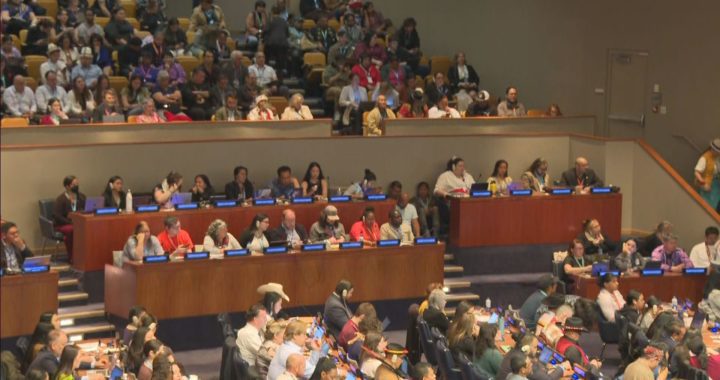
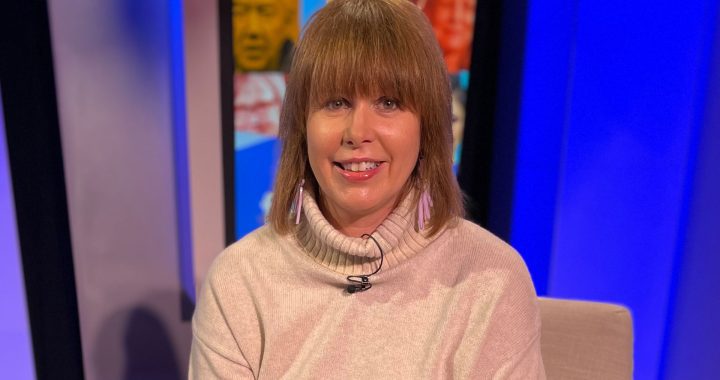
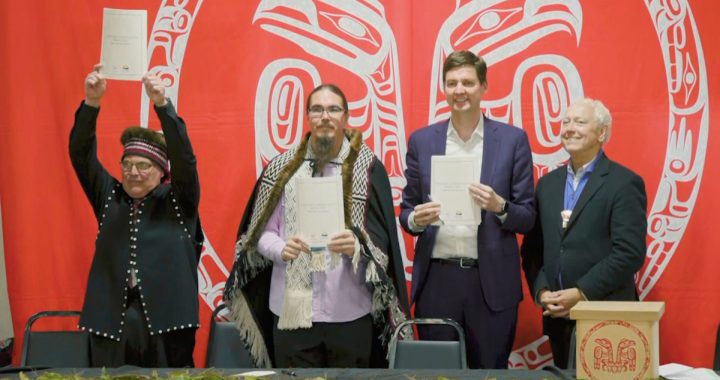
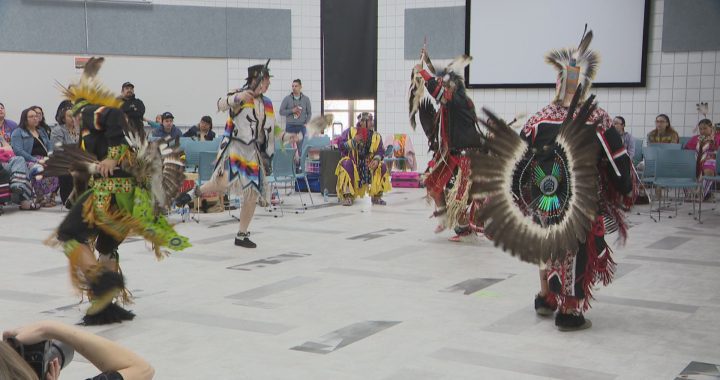
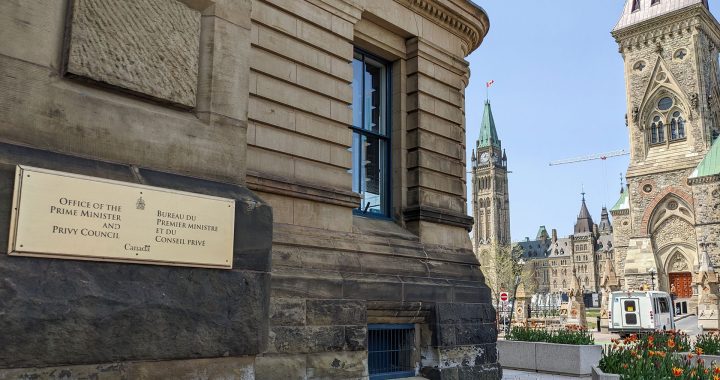
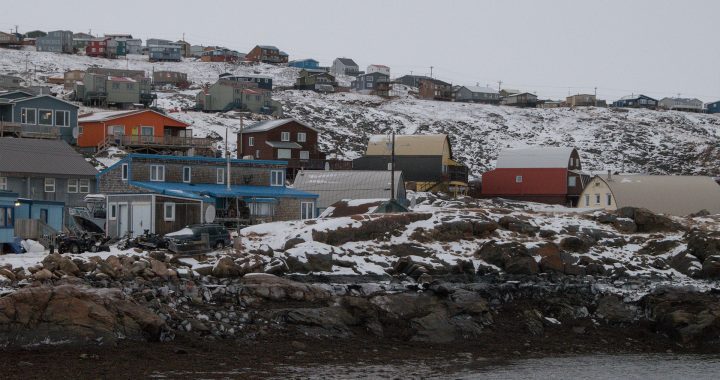
City of Ottawa. Biggest shxthole in the country !!!!!!!!!!!!!!!!!!!!!!!!!!!